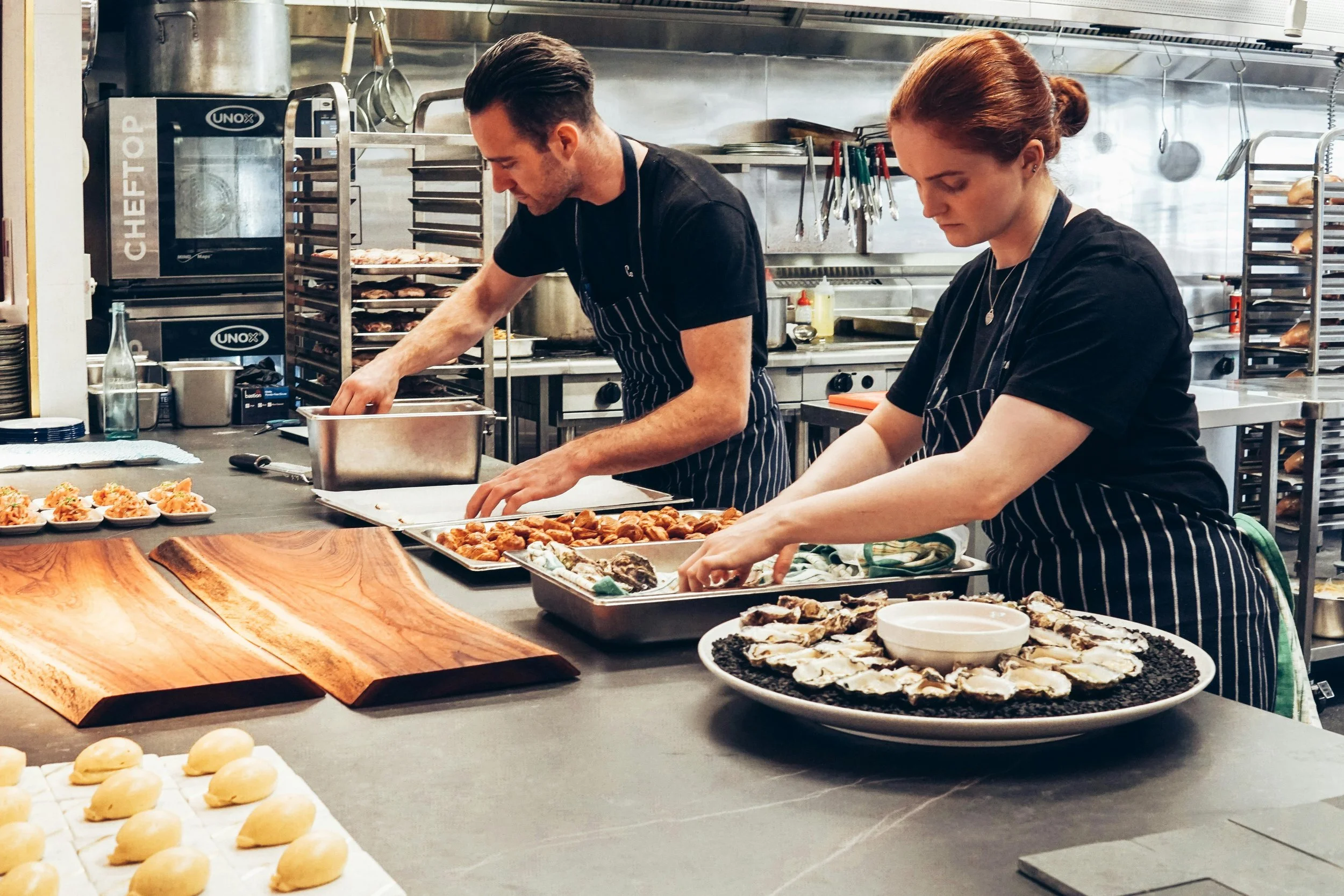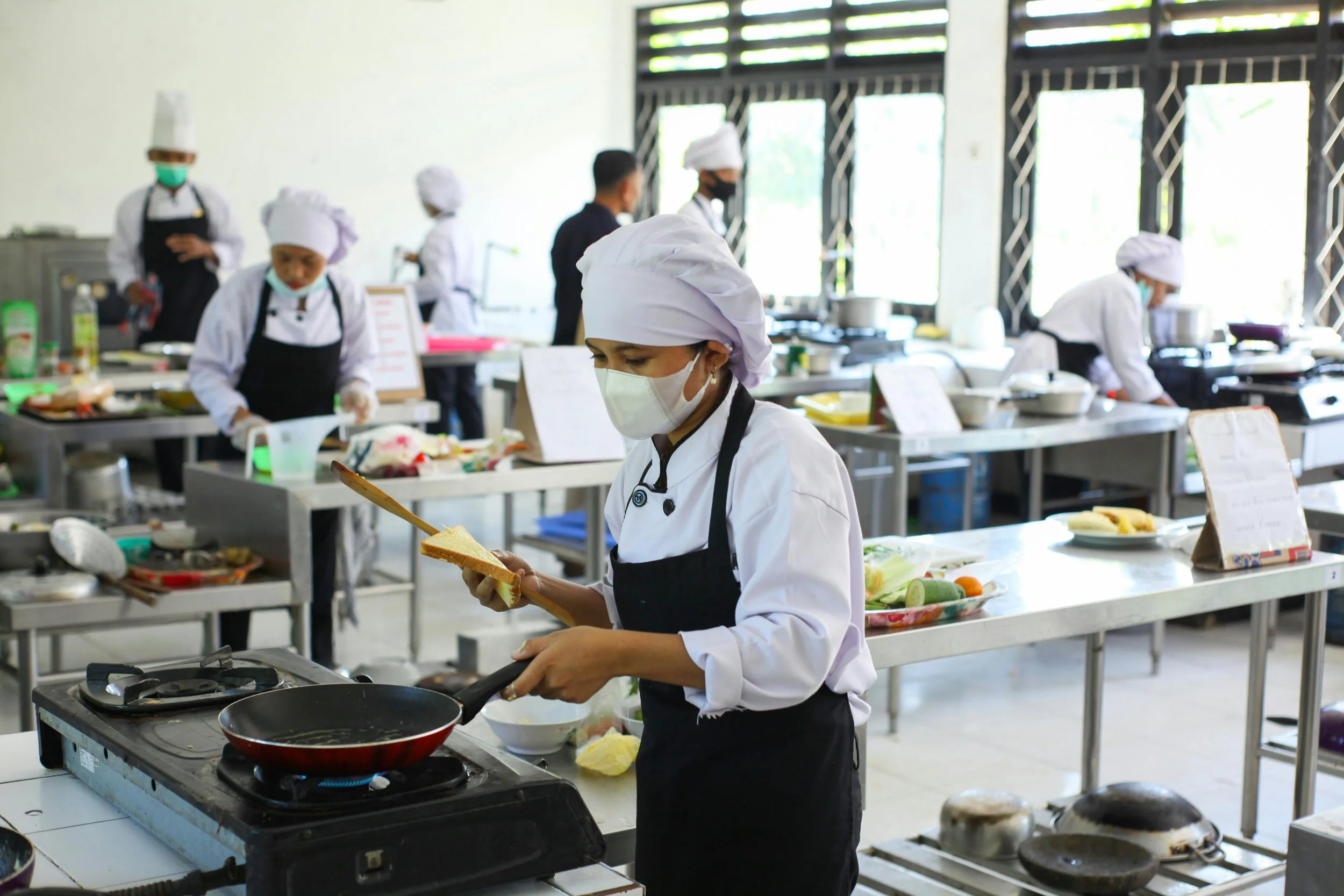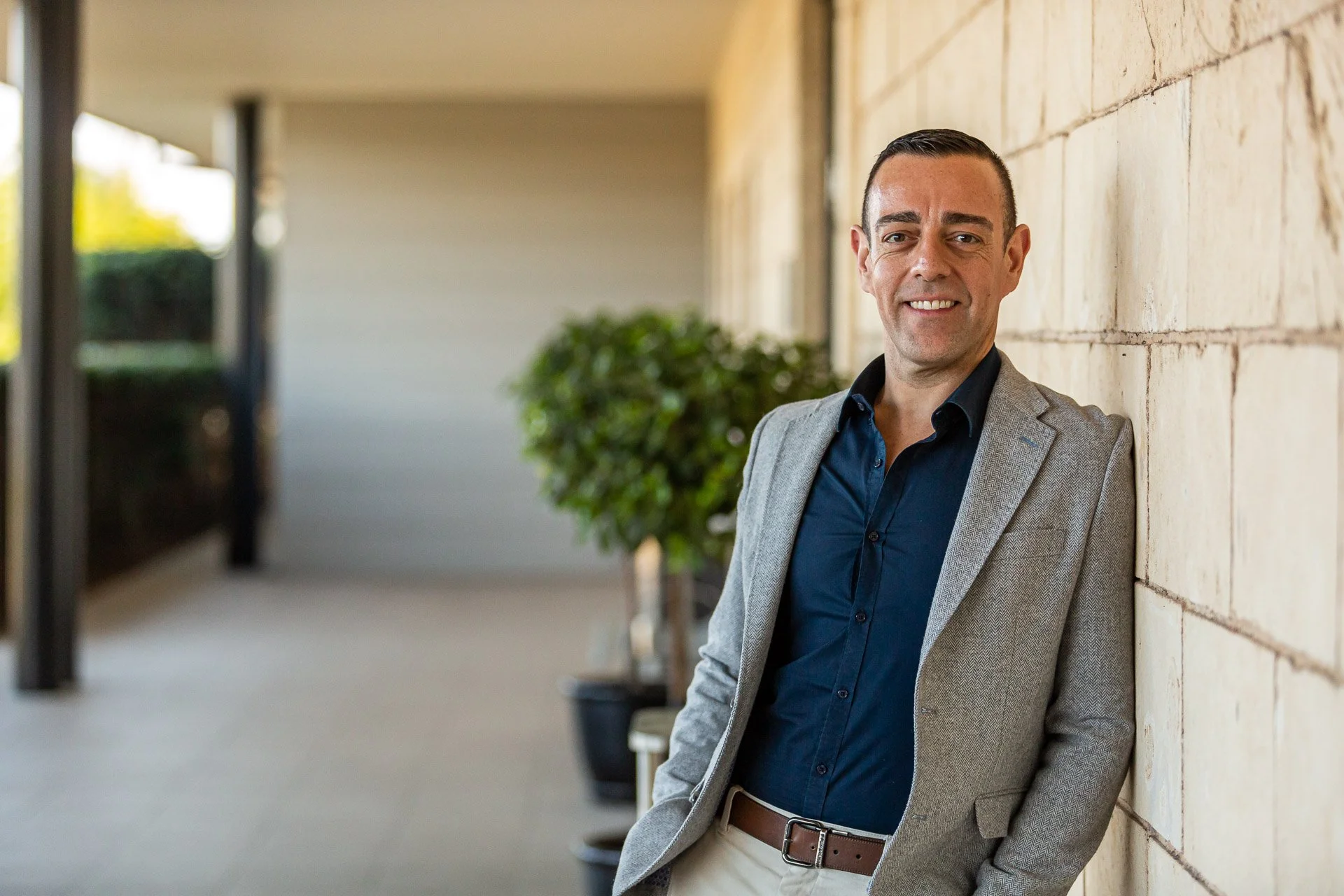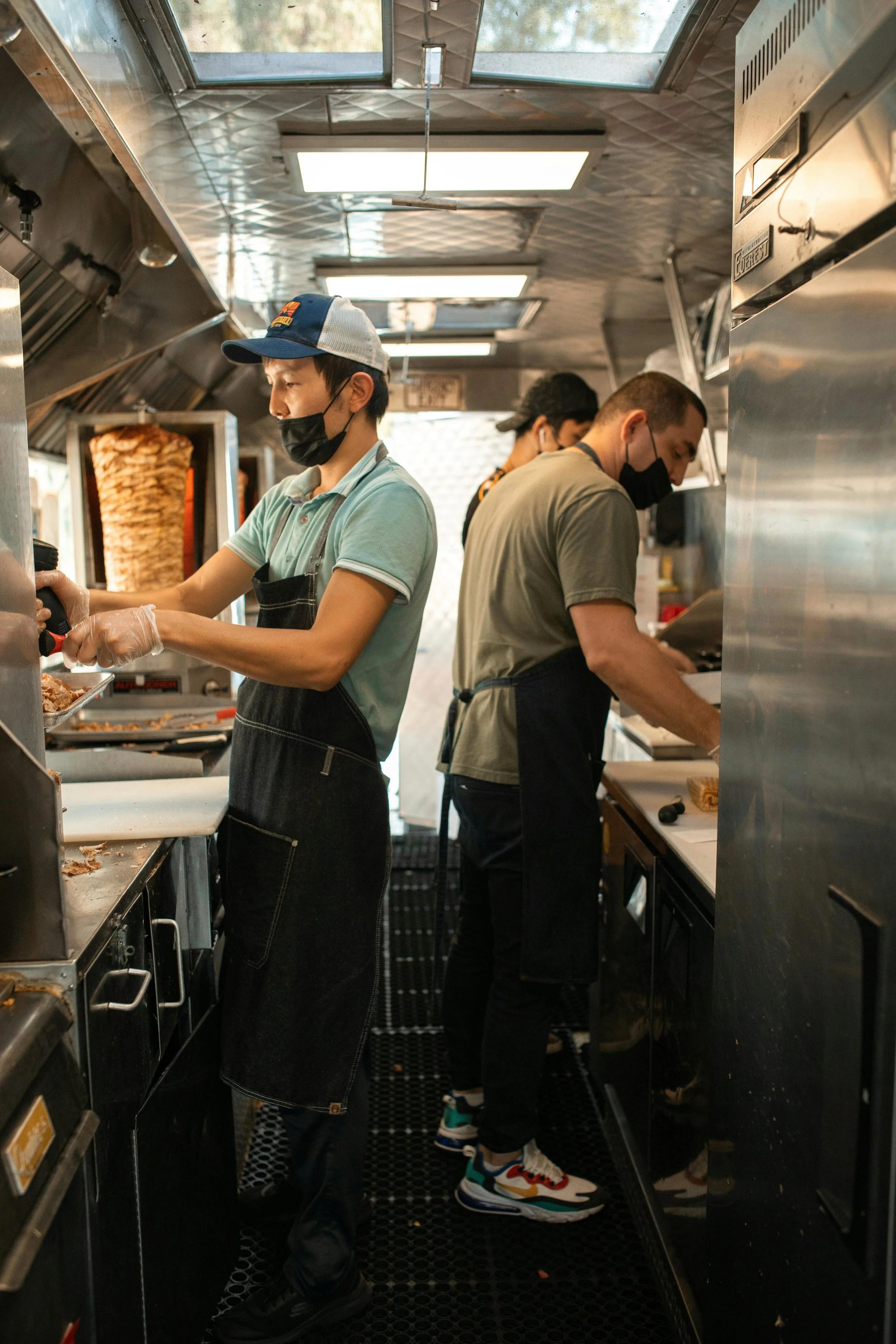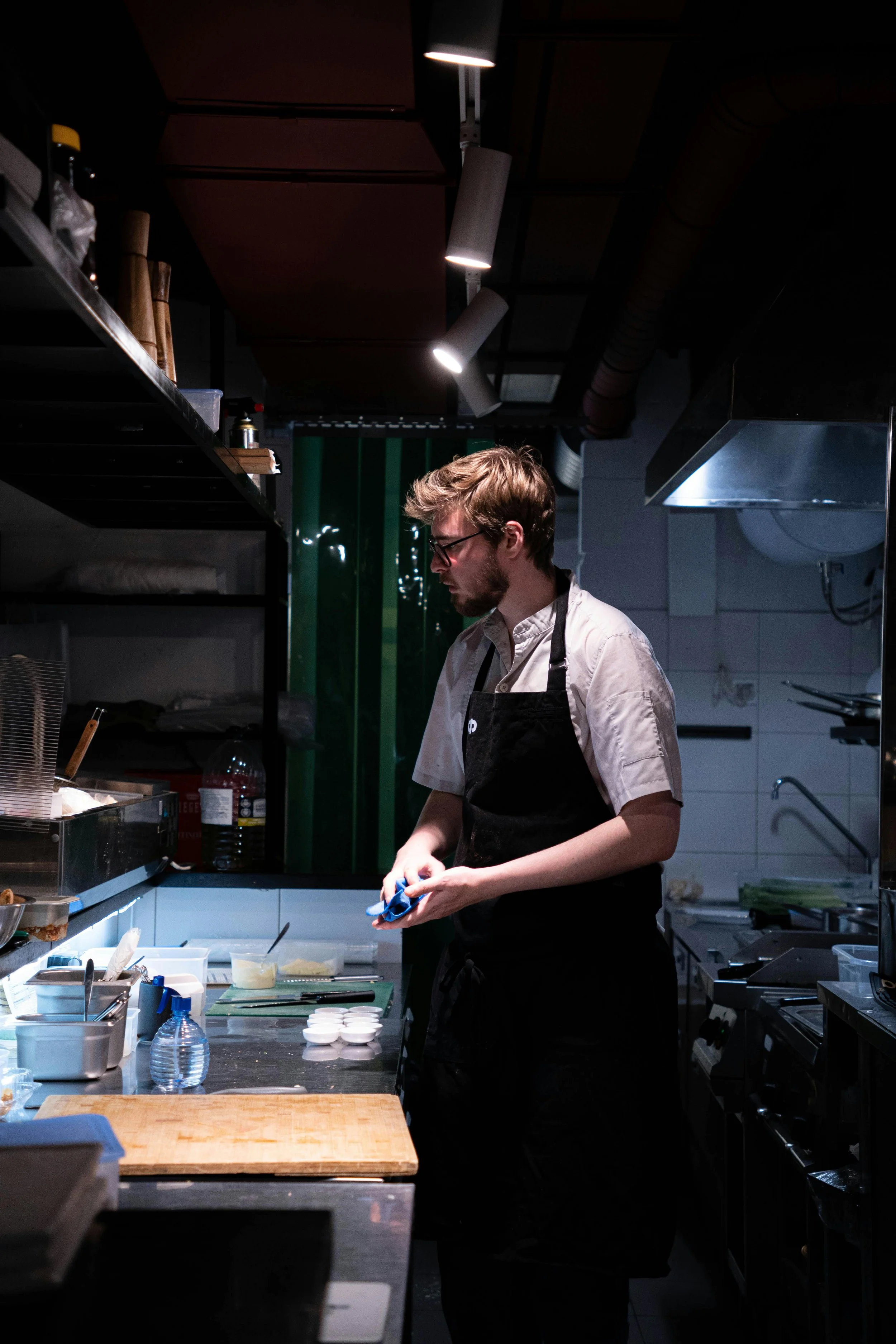How can we attract more apprentices to the industry?
/“We all know hospitality and specifically chefing has changed dramatically, but apprenticeship programs still seem to be done the same way they were in the early 1990s – they haven’t changed anything about how they are put together.” That’s the word from Markus Werner, Corporate Executive Chef at Delaware North Australia.
Markus Werner
Markus adds, “I’m on a couple of advisory panels regarding this subject with various universities and it is difficult at the moment. With the staff shortages in the industry, employers are now in a situation where overseas people have come in, completed their 12 month course and they are now the people out in the market who you have to employ as commis chefs – and these people are not even close in their skillsets to those who’ve done two or three years’ training at one of our venues. So I think the whole approach needs to be totally retooled in light of the way the industry has changed.
Listen to the podcast
“In the old days once service was finished, you would watch and learn from your executive chef – now that’s no longer possible”
“When I did my apprenticeship a day had 12 hours, now it has 7.6 – and you’re not legally allowed to keep people back for training afterwards. In the old days once service was finished, you would watch and learn from your executive chef – now that’s no longer possible. I don’t want to be negative about the industry – right now hospitality is better than ever before because the pay is much improved from what it used to be, the salaries are livable; a head chef, sous chef or chef de cuisine can afford to have a family and you’re no longer working every weekend and doing 12 to 14 hour days. The work-life balance is much better.”
Despite these benefits, Markus says chefing is not a very popular profession right now, at least for Australians: “There are probably more apprenticeships available at the moment than usual – but it’s a shame there is such a small percentage of Australian chefs who are coming through, and those are mostly from the regional areas. To be honest I prefer those anyway because they tend to be a little more down to earth. But there are more internationals than Aussies coming into the industry, and that is a good thing in itself because it means people with experience of different cuisines and flavours, which will broaden our culinary footprint.”
Making apprenticeships as attractive as possible
He makes the point that we need to find a way to train our apprentices more efficiently, “because they need to be useful to the business, otherwise there’s no point taking them on. At Delaware North we still have some apprentices and we’re currently reviewing our processes – time is precious so we will probably try to train faster. But your trainers need to be trained themselves about how to train.
“In the past you might have had six months with a head chef who was not such a great teacher, but it didn’t matter because you would pick up what you missed with a better one later on – now the trainers have to be as good as you need to get your apprentices to the level you want them to be at in the shortest possible time.”
“I think it’s so important to invest in our young chefs, otherwise we won’t have anything in the future”
Markus is passionate about training – “I think it’s so important to invest in our young chefs, otherwise we won’t have anything in the future. That said, we need to remember that things have changed – I hear people saying apprentices should work harder, but I always tell them, ‘don’t expect anything you wouldn’t expect of your own kids’. If you complain about your kids being held back by their employer for half an hour, you can’t then expect it of someone else’s kids just because they’re learning to be chefs – that’s not reality.”
He says employers like Delaware North are focused on making apprenticeships as attractive as possible. “I think we do it quite well – we make sure they have work-life balance, we provide them with their uniforms, we ensure they have opportunities to grow, and to be honest I think all that is more important for young kids than a little extra cash.
“I’m not 100 per cent sure who is the better generation, actually – maybe we went a bit too hard, because if there was 80 hours of work we would work it. Now we’d rather employ two people, which costs about the same because you don’t have to pay the overtime, so they’re happy earning less money but having more work-life balance.”
Zero ability to recruit
Amanda Fuller, Executive Chef at William Inglis Hotel in Southwest Sydney (part of the Accor Group), has been in the industry for 25 years and taken many apprentices under her wing – but says none have applied or approached her since the days of Covid.
“I had a couple of apprentices under me at my previous employer, but unfortunately when Covid hit those positions were the first to go, which in hindsight was not the best idea. The business I was in at the time quickly pivoted to providing cook at home food packs for the takeaway market as our dine-in operations were locked down, but in terms of apprentices the industry really hasn’t recovered and the ability to recruit has been zero as far as I’m concerned.”
amanda fuller
“There are mature age people out there looking to enter but it’s more expensive to take them on”
Amanda cites the rise of the minimum wage as a contributing factor, especially given the lack of young people entering the industry. “There are mature age people out there looking to enter but it’s more expensive to take them on. As a chef by trade, I think it’s amazing that our minimum wage has increased so substantially, but as an employer it’s very difficult to balance taking on someone inexperienced with a higher hourly rate – whereas apprentices used to be affordable because their rate was lower. That was balanced by the fact that you were making a personal investment in them, training them and giving them the skills to grow in their field which was seen as a subsidy to their wage. If you’re picking a mature age person as an apprentice at the higher price, it’s difficult to set aside the time to nurture that person in the field.”
“I think we need to be getting into the high school program to attract and inspire young people”
She says we “absolutely” need more young people and to do that we need to make the industry more attractive to them. “I remember as a year nine student considering an apprenticeship, it was all about the thrill of working in hospitality and what you stood to learn. My home economics teacher was not the most inspiring but those lessons certainly evoked an interest in ingredients and cuisines that I might not otherwise have been exposed to in my blue collar family. So it evoked an interest and my career started from year 10. But I think we need to be getting into the high school program to attract and inspire young people.”
“Not only are TAFE teachers in short supply, there isn’t sufficient work to justify casual hours”
Amanda finds it frustrating that hospitality professionals like herself are required to have a Diploma of Education to teach school age students. “I think that’s a real missed opportunity – there’s certainly an argument to be made for the government to infiltrate trades that are low on apprentices by introducing the skills in a high school class setting, taught by trade professionals who can inspire. I see teachers complaining there’s not enough people being willing to teach and I would happily work in a high school but I’m certainly not going to take a Diploma of Education in order to do it. I can teach adults to be chefs at TAFE but I can’t teach a teenager on a trade I’m qualified to do!
“At least TAFE now has a requirement now that teachers of commercial cookery need to be in the industry in some capacity, and that is great because it creates relevance – which is probably what my TAFE teachers may have been lacking 25 years ago. But not only are TAFE teachers in short supply, there isn’t sufficient work to justify casual hours because there aren’t enough students taking up the courses.”
She says the key is for hospitality professionals to be able to interact directly with students in high school, to inspire them, share stories and encourage them into an industry which has undergone so much change. “It’s completely unrecognisable in my opinion, with fair work pay and work-life balance. So much has changed for the better but we need to be capturing those teens - with industry professionals teaching them direct skills so when they start an apprenticeship they won’t be as green as they would otherwise be.”
Positioning as an employer of choice
STEVE SIDD
Steve Sidd, Managing Director of hospitality and events business Catering HQ Group, echoes Markus’ comments that not as many locals are choosing to enter the industry: “I think it’s not the fault of anything we’re doing, rather when the whole immigration and sponsorships program came out it may have deterred people from undertaking apprenticeships – because an apprenticeship is up to four years, whereas with sponsorships from overseas people could come in, do a 12 month course and be considered qualified.”
He says Catering HQ Group has responded by trying to position itself as an employer of choice. “We’re not fast tracking trainees as such, but we’re investing more in their training so it’s not such a long, drawn-out process. They still need to do the three year course of one day a week at TAFE and then the final 12 months on the job – what we’re doing throughout that tenure is using our own RTOs, corporate trainers and senior leadership chefs to supplement that TAFE training, having those professionals invest their time with our apprentices to upskill them and move them around different sections.
“We evaluate beforehand so that we don’t make the mistake of trying to upskill too quickly”
“So rather than just peeling a bag for potatoes for 12 months, we’re investing in them because the more they can do for us, the more value they are to our business. People see it as an opportunity because not only do we pay above the award for an apprentice, they’re also learning more – and if they’re able to work a section in the kitchen, they’re really the equal to a chef de partie coming on board with a salary.”
Steve focuses on identifying a pathway for each apprentice to be upskilled, “even if that means working at multiple venues within our group, working with different cuisines. It’s about expanding their knowledge and skillset – obviously some learn faster than others; we evaluate beforehand so that we don’t make the mistake of trying to upskill too quickly. Some come in very young and new and green whereas others might be older and looking for a career change – so we do a full evaluation on how we can best upskill them.”
He argues the days when businesses took advantage of apprentices are gone. “We’re nothing like that, we see their value, we want to train them up – that way we increase our staff numbers and we’re able to train people in the way we like things done, the right way. Our full timers do four days on, three days off – we only work our team up to 40 hours a week because we want to make sure they have work-life balance. Yes, it’s still working nights and weekends but we don’t want to tire out the team or overwork them. And doing those types of things – training, building skillsets, better salaries and work-life balance – is what will make the industry more attractive for people to join.”




